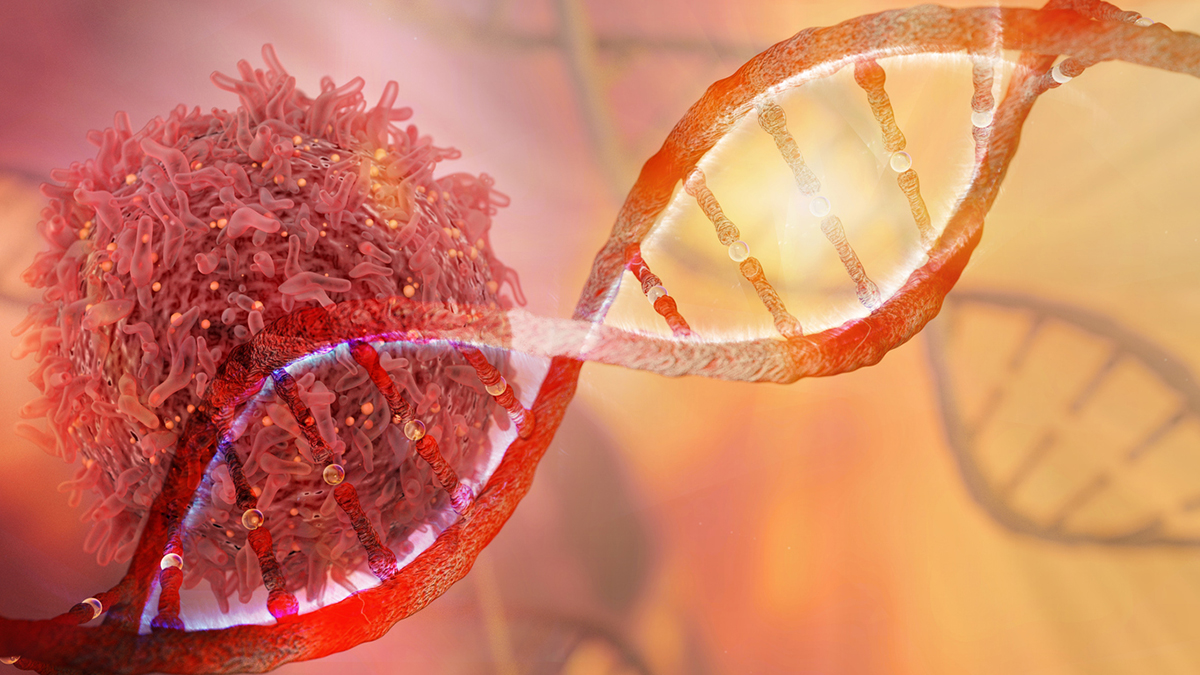UK cancer mutation testing firm Biofidelity raises $12m

Cambridge, UK-based Biofidelity has raised $12 million in first-round funding for its cancer diagnosis platform, which can detect mutations quicker than current approaches like gene sequencing.
The Series A comes just a few months after Biofidelity launched with seed funding from Longwall Ventures and private backers – as well as multinational diagnostics company Agilent.
[caption id="attachment_71172" align="alignright" width="225"] Barnaby Balmforth[/caption]
Barnaby Balmforth[/caption]
Biofidelity’s molecular diagnostics platform stems from work carried out by its two founders – Dr Barnaby Balmforth, who serves as the company’s chief executive, and Cameron Frayling who is on the board of directors.
Both previously worked at Cambridge-based DNA sequencing specialist Base4 Innovation, where the technology was developed.
The company says its assays can detect as little as a single molecule of mutated DNA amongst the billions of normal molecules found in a patient sample, generating “fast, affordable, easy to interpret results.”
Crucially, the assays could become an option for the 95% of cancer patients who are currently excluded from next-generation sequencing (NGS) of their DNA because of “high cost, complexity, and slow turnaround times.”
In January, Biofidelity reported the results of an Agilent-partnered study of a test for mutations associated with lung cancer. This type of testing is usually carried out on lung tissue biopsies, which is an invasive and expensive procedure with a 10% failure rate.
The UK firm has claimed a 50-fold improvement in sensitivity with its ‘one-tube’ assay compared to FDA-approved diagnostics based on PCR technology. It also matched the performance of NGS assays, but reduced the number of steps needed from 100 to just four, speeding up the process.
Biofidelity says it will use the latest cash injection to speed up the development and clinical validation of assays for treatment selection and patient monitoring in oncology, and to bring them to market as quickly as possible.
It’s focusing initially on test panels for non-small cell lung cancer (NSCLC) and colorectal cancer, both of which are associated with a number of low-frequency genetic mutations that can guide the selection of drug treatment.
Longwall Ventures and Agilent have both returned to invest in the Series A, which on this occasion was led by BlueYard Capital.
“Delivering on the promise of precision medicine to improve outcomes for cancer patients relies on clinicians being able to precisely identify actionable genetic markers,” said Balmforth.
“Our assays will enable them to make the right decisions regarding treatment and to detect when a cancer has recurred or become resistant to therapy,” he added.












